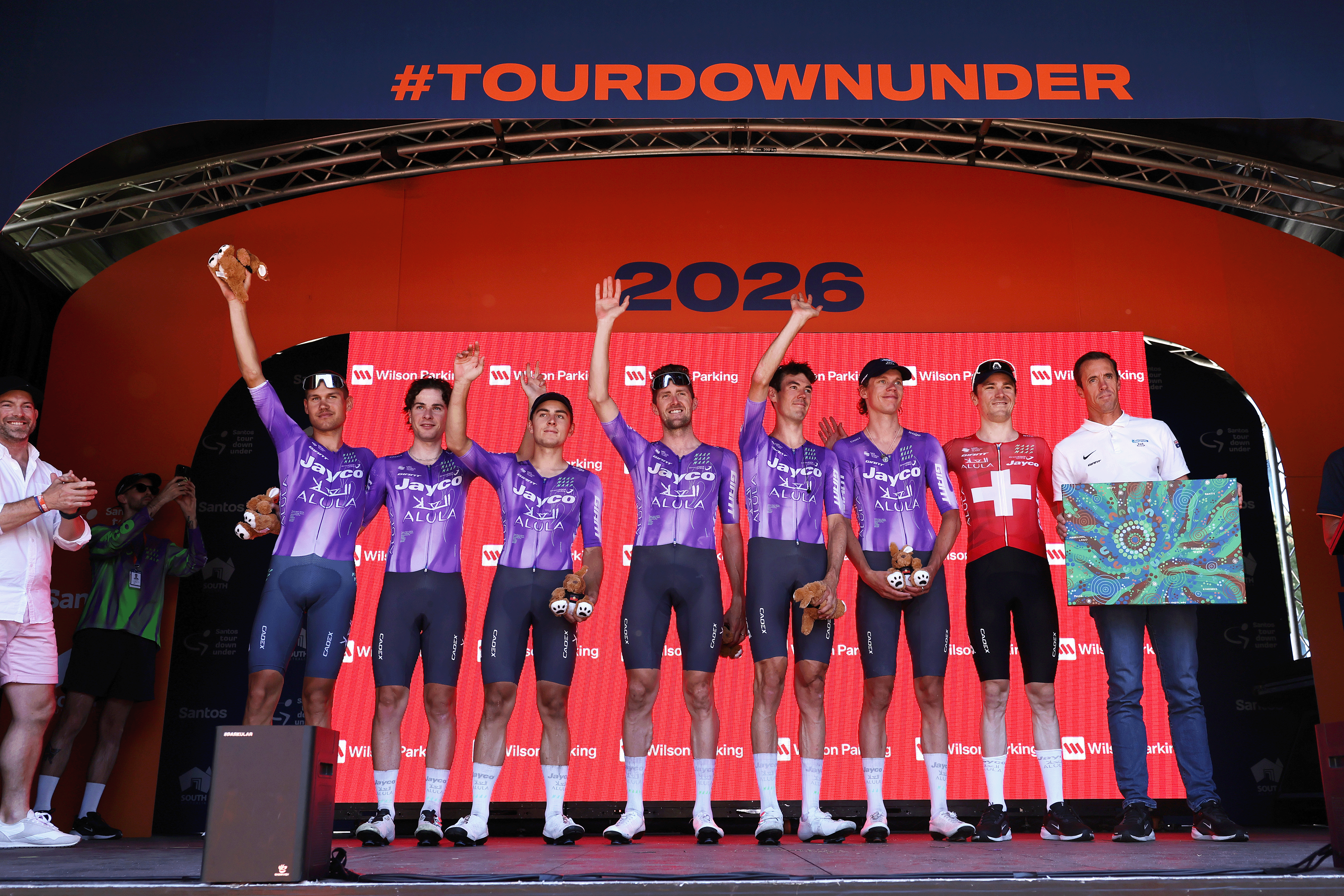Mixed reactions over 2020 Tokyo Olympic Games road race routes
UCI defends women's course as among the hardest on the calendar
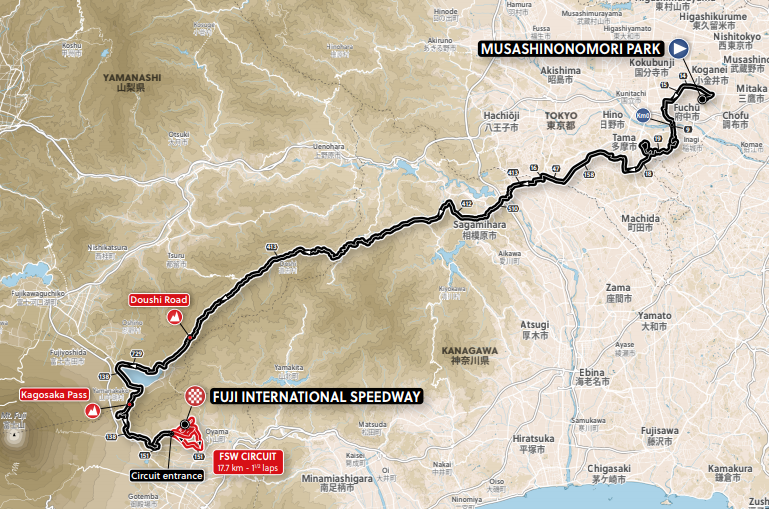
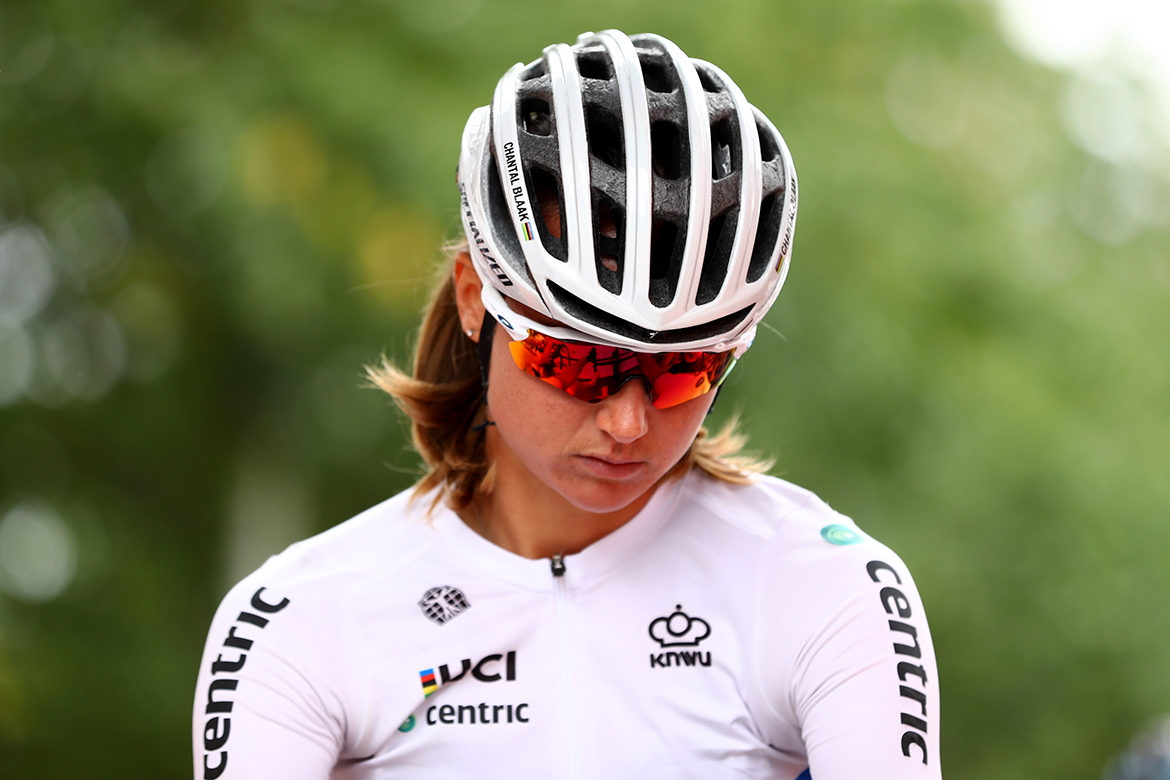
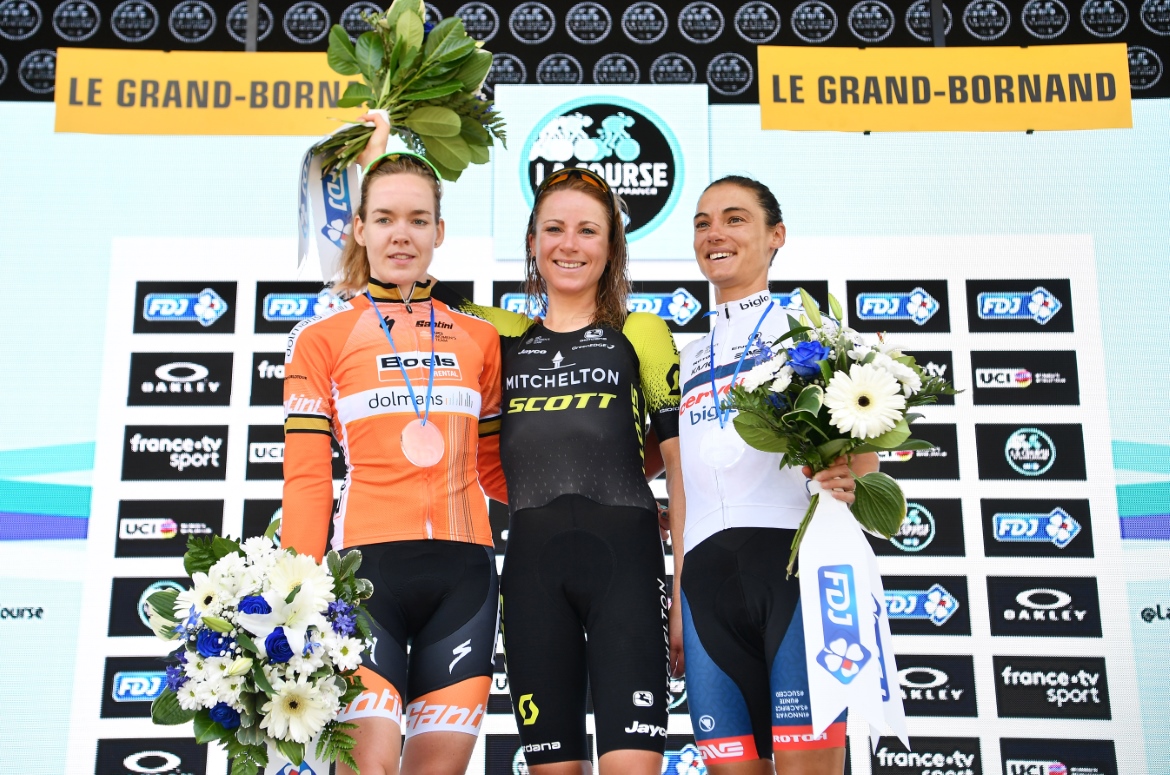
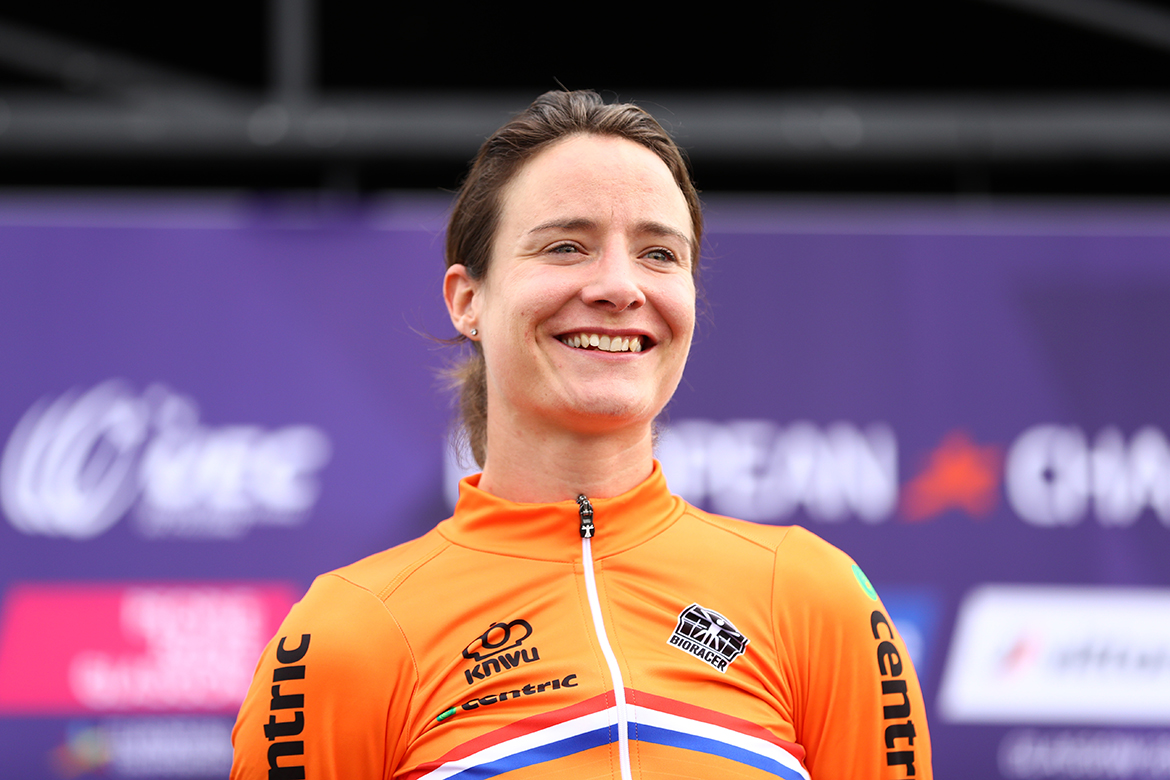
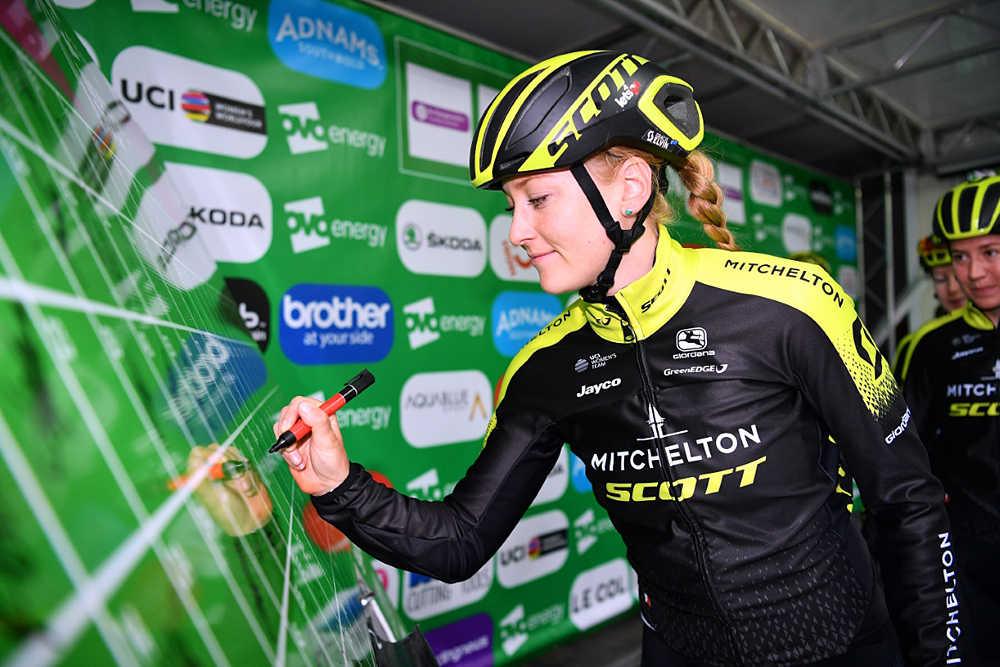
After the UCI published the road race routes for the 2020 Tokyo Olympic Games on Thursday, the glaring differences between the men's and women's parcours left the cycling community with mixed reactions on social media channels, and a lot of questions.
At first glance, the differences are startling. The men race 234km with 4,865 metres of elevation gain, including part of the iconic Mount Fuji. The women race 137km, with 2,692 metres of elevation gain over two climbs. But in comparison with other races on the women's calendar, the Tokyo course ranks as one of the hardest.
Both courses will start in Musashino no Mori Park on the outskirts of Tokyo and follow the same route southwest towards the Fuji International Speedway, tackling the Donushi Road and Kagosaka Pass where, at the 96km mark, the two routes diverge. The women head down from the Kagosaka Pass to do 1.5 laps of a rolling circuit finishing on the Fuji International Speedway.
The men turn onto the Mount Fuji Circuit - a 50km loop that brings them over the Fuji Sanroku ascent - then they complete a smaller loop that includes Mikuni Pass and the Kagosaka Pass for a second time and, after 212km, descend onto the finishing circuits on the Fuji International Speedway.
There were mixed reactions from the cycling community of riders, journalists and other media, with some showing delight at the route while others expressed concerns that the women's route was a watered down version of the men's - another example of the lack of parity between men's and women's professional cycling. Some attributed the rationale behind the different routes to plain sexism.
Annemiek Van Vleuten (Mitchelton-Scott), who won the Giro Rosa followed by La Course in July, is arguably the top climber in the world right now, and would benefit from racing on a route with an iconic ascent. She questioned the UCI's decision to design a course that is less challenging for the women's field.
"I would like to hear an explanation why we can't race the same race (only a bit shorter) than the men," Van Vleuten, the current time trial world champion, told Cyclingnews. "It is said we have local laps on a race circuit. The men don't have this, it will make the race different - and not in a good way.
The latest race content, interviews, features, reviews and expert buying guides, direct to your inbox!
"I am disappointed we don't get the opportunity to race (almost) the same course. And so, I am waiting for the time trial course [announcement]."
UCI says women's course is among the hardest on the calendar
The UCI defended the route selection to Cyclingnews, with UCI spokesman Louis Chenaille explaining that the difficulty of the courses, field sizes and comparisons to other calendar events all led to the decisions to use different routes for the races.
The UCI spent "more than two years" collaborating with the Tokyo 2020 Organising Committee to come up with the routes, Chenaille explained, even allowing for a shorter-than-regulation men's course because of the severity of the elevation profile. The men will climb 1,175 metres more than the course in Rio in 2016, and the women will tackle 1,101 metres more.
While the professional men's peloton regularly takes on courses that come close to this type of severity, the women's calendar has very few races that feature this kind of elevation gain. La Course by Tour de France came close - packing 2,500m of climbing into 112.5km - most of that coming in the final 40km. The 2018 UCI Road World Championships women's course includes 2,413m of climbing - still less than the men, but more than a typical event.
But while La Course saw 62 of the 111 starters finish inside the time limit, there are only 67 entries for women in the Olympic Games Road Race. The men's event has a 130-rider peloton.
"We wanted to create course configurations that will allow the strongest riders to showcase their talent while also enabling as many starters a realistic opportunity to finish the race on the Fuji Speedway," Chenaille said.
"Given that both the men's and women's courses are at the extreme end of elevation gain, it was decided not to further exceed what riders would normally face at events on their respective international calendars. Weather conditions – likely to be hot and humid – were also taken into consideration when it came to deciding the course distances."
The maximum distance for the women's road events also came into play. While the UCI regulations were increased in 2016 to allow for 160km women's races, Tokyo 2020 required that both fields start in the Tokyo Metropolitan area and finish on the Fuji Speedway. "The already significant distance between the start and finish means we were limited, as far as the number of kilometres is concerned, when designing the finale of the women's race in the Fuji region," Chenaille explained.
Gender equality push will go on
Women have been actively pushing for equality in cycling for decades, and have made strides. At the Olympics, the women enjoy event parity in most of the track events and in Mountain Biking, but the road still lags behind. The women only get 67 entries for road races compared to the 130 for men.
2012 Olympic road race champion Marianne Vos, who has sat on the UCI commissions that worked to elevate women's cycling, was critical of the course design for not furthering the push for equality.
"Riders make the race, but the signal that goes out from this different course types for men and women is not the equality #IOC aims for," Vos said on Twitter.
Gracie Elvin (Mitchelton-Scott), who with former riders Iris Slappendel and Carmen Small formed The Cyclists' Alliance riders' union, took more time, providing Cyclingnews with a carefully thought-out opinion.
"I've been trying to consider my opinion about the Tokyo course announcement and separate my personal bias as a current rider with my role representing The Cyclists' Alliance and the women's peloton. I have been hesitant to join the social media outrage since the announcement because I believe there is a better way to achieve the outcomes we are working towards, hence my involvement with TCA in the first place," Elvin wrote in an email, calling for the peloton to unite to reach consensus and not simply complain on social media.
"We need to figure out as a whole, with all stakeholders and not just one group, federation or union, what gender equality looks like going into the future. Is the end goal equal distances? In my personal opinion, I would say no, but I haven't talked to every rider in the peloton to ask what they want in terms of course equality.
"It is important for everyone to start becoming involved in the conversation so that situations like this don't cause this kind of outrage. Our surveys and outreach to riders are trying to grasp their ideas and their opinions, but it is only they who reciprocate the effort who will be rewarded with what they want for their future."
Elvin agreed with American Emma White, who expressed glee when she saw the profiles, saying "two years is too long to wait" and "the Olympics always brings the most exciting races".
"My personal opinion is that the course is actually going to be really good and make for an exciting race," Elvin said. "It has plenty of climbing but leaves open the chance for the all-rounders to come back late, or even survive the main climb, and make the finale on the Speedway very entertaining and unpredictable."
But no one course can please all riders, and Elvin pointed out that the course in Rio excluded some of the best riders in the world because they weren't climbers. "Sometimes timing is everything in sport, and you might never get to compete in the Games because you just aren't suited to the course. I've heard opposing opinions already about Tokyo. The climbers want a harder course, the sprinters wanted a classics course. There isn't a rule that every alternating Olympics should be hilly or flat. We have to trust and respect that the host country will choose a course that is good for all stakeholders."
Elvin was also concerned that the social media outrage and knee-jerk reaction was showing disrespect to the local organising committee.
"The Japanese are renowned for their effort, consideration and attention to detail and I don't believe the Olympics will be an exception. I think these will be one of the best Games in history, and I think they have chosen the road race courses to challenge the riders as well as showcase the area. I would be surprised if it was anything less than spectacular for viewers and I think the Twitter warriors have been very disrespectful in their quick assumptions and criticisms."
The small size of the women's field in the Olympic Games, Elvin says, should be addressed first. "I would much rather see the women's team size increased for the Olympics to make it more like a typical and more exciting race.
"I'm tired of the constant comparison of men's and women's cycling, especially when people are trying to compare it to sports where they compete in the same conditions. Cycling is one of the hardest and most unique sports in the world and there are many more differences between the genders than there are in other sports. I personally don't care what the two profiles look like when presented next to each other like the online experts seem to, I only care about what is best for the riders and our sport. We first need to agree on what we want women's cycling to evolve into, or are we actually happy with how our sport is already and put our energy into making sure it is more economically sustainable? It's up to us as riders to come together and voice our opinions and concerns, and for the UCI to allow us a bigger seat on the table for future decisions about our sport."
If you've ever wanted to know what it feels like to be part of a top-level cycling team, and to be on the ground, inside the barriers, at the Tour de France, then RUNNING WITH WOLVES will take you there. It is available to rent for $3.99 USD or buy for $6.99 USD.
You can also still purchase our first two films, THE HOLY WEEK and CRESCENDO, on Vimeo.
RUNNING WITH WOLVES from Cyclingnews Films on Vimeo, produced by La Pédale and a special thanks to Quick-Step Floors.
Born in Ireland to a cycling family and later moved to the Isle of Man, so there was no surprise when I got into the sport. Studied sports journalism at university before going on to do a Masters in sports broadcast. After university I spent three months interning at Eurosport, where I covered the Tour de France. In 2012 I started at Procycling Magazine, before becoming the deputy editor of Procycling Week. I then joined Cyclingnews, in December 2013.


